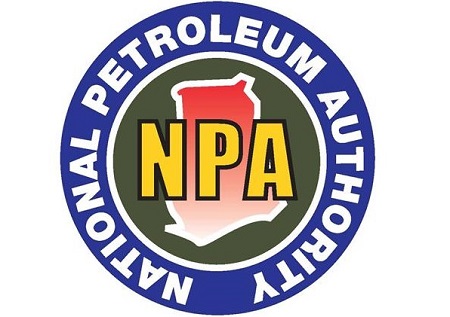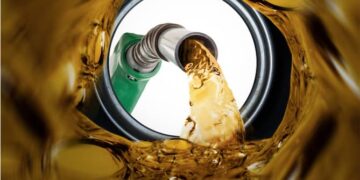CEMSE wants NPA queried over $80/mt tax on LPG
The Centre for Environmental Management and Sustainable Energy (CEMSE), a prominent Civil Society Organisation (CSO), has urged the Finance Ministry, the United Nations, the World Health Organisation (WHO), and other climate-focused entities to scrutinize the National Petroleum Authority’s (NPA) imposition of an $80 per metric ton tax on liquefied petroleum gas (LPG).
During a press briefing on Thursday, CEMSE Executive Director Benjamin Nsiah, asserted that this tax could significantly hinder Ghana’s progress towards its Nationally Determined Contributions (NDCs) under its climate-change mitigation and adaptation framework.
Mr Nsiah highlighted data from the Association of LPG Marketers, indicating a noticeable decline in LPG usage following the tax’s implementation.
This downturn is part of a broader trend, with consumption falling by 13% in 2022. The new tax is seen as exacerbating costs for consumers, thereby reducing accessibility to clean cooking fuel for many Ghanaian households.
The impact of the tax is particularly concerning given the current LPG penetration rate in Ghana, which stands at 36%. This is significantly below the government’s target of 50% penetration by 2030.
LPG is promoted as a cleaner cooking fuel to combat deforestation, reduce greenhouse gas emissions, and mitigate health issues associated with the use of unclean cooking fuels.
Mr Nsiah stressed that the higher costs imposed by the $80 per metric ton tax on LPG directly contradict efforts to promote sustainable energy consumption and environmental health.
He called on the aforementioned international and national bodies to question the NPA’s policy, arguing that it undermines the country’s climate goals and public health initiatives.
“If the Government, NPA do not scrap the $80/mt tax, it lead to a decline in LPG consumption and affect the Nationally Determined Contributions (NDCs) set within the country’s climate change framework presented to international organizations.
“We may not be able to achieve our targets and that will go a long way to dent the image of Ghana in terms of its fight against climate change as a country,” he remarked.
“And so we call on all stakeholder agencies especially international organizations such as the UN and WHO and even call on the Finance Ministry to query the NPA on the imposition of the $80/mt tax on the price of LPG,” he added.
LPG is one of the cleaner cooking fuels strongly promoted in many countries including Ghana to curb deforestation and reduction of GHG emissions in Ghana as well as to curb diseases attributed to unclean cooking fuel.










